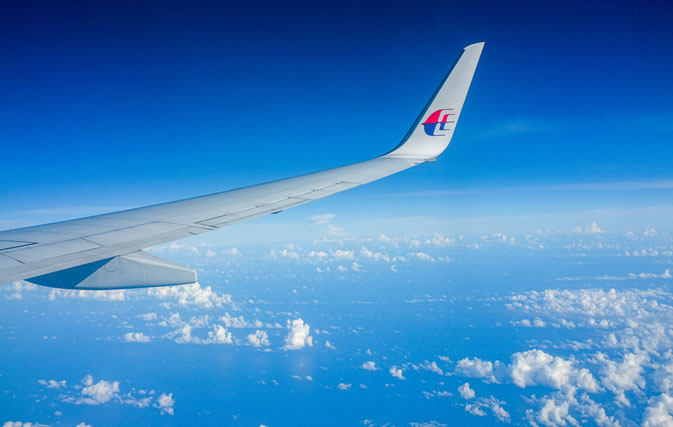HONG KONG — Nearly three years after twin disasters took it to the brink of financial collapse, Malaysia Airlines’ new CEO says an overhaul aimed at turning the ailing carrier around is going better than expected.
The search for the airline’s flight 370 that went missing in March 2014 with 239 people on board was suspended Tuesday.
CEO Peter Bellew called the disaster an “awful tragedy.”
“There’s people I work with every day who lost some of their friends, so they’re living with that,” he said Tuesday. “We owe it to the people that lost their lives and the families and everything to make sure that the place is a success and that it survives, because that’s the right thing to do,” Bellew said when asked about the disaster at an industry gathering in Hong Kong.
Bellew said the airline is on track to meet key performance goals, including turning an annual profit by 2018 and relisting on the stock exchange the following year.
The company’s jets are carrying more passengers, including on its London route, he said. London is the carrier’s last remaining European route and one where it uses superjumbo Airbus A380 jets that must carry many passengers to be profitable.
Just months after Flight 370 disappeared, a second Malaysia Airlines Boeing 777 carrying 298 people was shot down over Ukraine.
Those tragedies deepened the carrier’s already daunting troubles.
An unsustainable network of routes, high operating costs and archaic online systems were symptoms of chronic mismanagement that had saddled the airline with at least $1.7 billion in losses since 2011.
Bellew’s predecessor Cristoph Mueller, who left the job unexpectedly early in June, described the airline as a “ship that has many leaks.”
Updates on the finances of the airline are scant: it was delisted from the stock exchange in 2014 and radically restructured with 6 billion ringgit ($1.5 billion) in government support.
But lower jet fuel prices have since helped cut costs, and revenue has improved thanks to strong traffic growth in the region.
